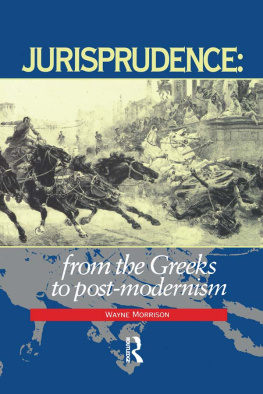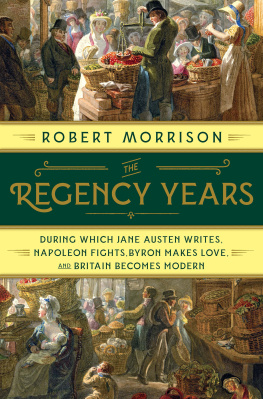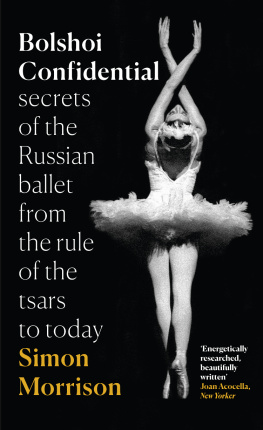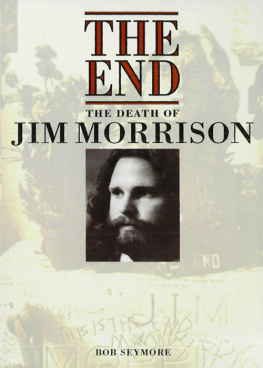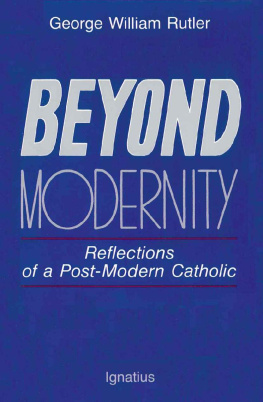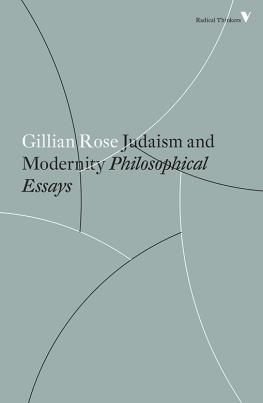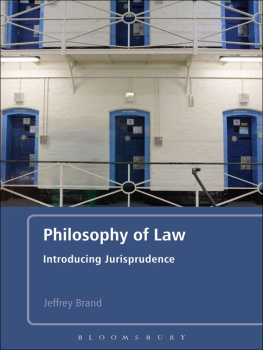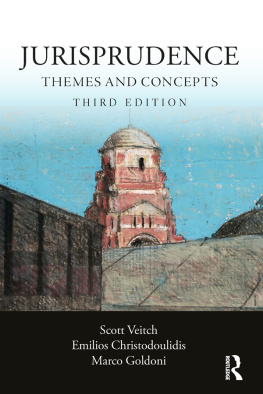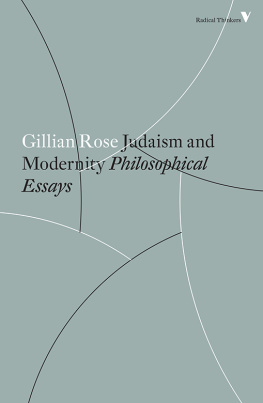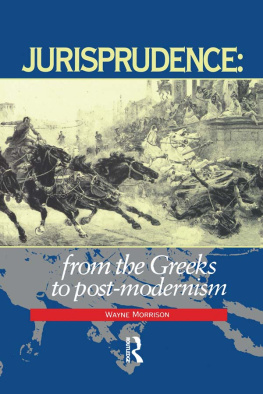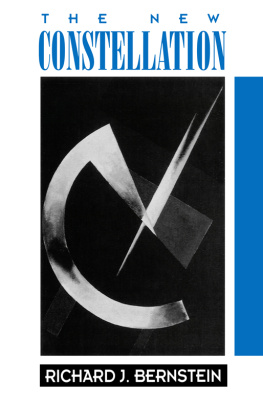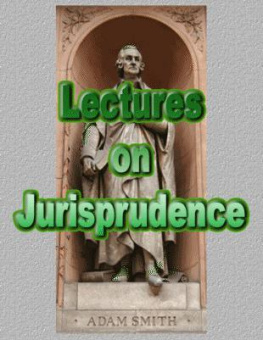Morrison - Jurisprudence: From The Greeks To Post-Modernity
Here you can read online Morrison - Jurisprudence: From The Greeks To Post-Modernity full text of the book (entire story) in english for free. Download pdf and epub, get meaning, cover and reviews about this ebook. year: 2016, publisher: Taylor & Francis (CAM);Taylor and Francis Ltd, genre: Romance novel. Description of the work, (preface) as well as reviews are available. Best literature library LitArk.com created for fans of good reading and offers a wide selection of genres:
Romance novel
Science fiction
Adventure
Detective
Science
History
Home and family
Prose
Art
Politics
Computer
Non-fiction
Religion
Business
Children
Humor
Choose a favorite category and find really read worthwhile books. Enjoy immersion in the world of imagination, feel the emotions of the characters or learn something new for yourself, make an fascinating discovery.
- Book:Jurisprudence: From The Greeks To Post-Modernity
- Author:
- Publisher:Taylor & Francis (CAM);Taylor and Francis Ltd
- Genre:
- Year:2016
- Rating:5 / 5
- Favourites:Add to favourites
- Your mark:
- 100
- 1
- 2
- 3
- 4
- 5
Jurisprudence: From The Greeks To Post-Modernity: summary, description and annotation
We offer to read an annotation, description, summary or preface (depends on what the author of the book "Jurisprudence: From The Greeks To Post-Modernity" wrote himself). If you haven't found the necessary information about the book — write in the comments, we will try to find it.
Jurisprudence: From The Greeks To Post-Modernity — read online for free the complete book (whole text) full work
Below is the text of the book, divided by pages. System saving the place of the last page read, allows you to conveniently read the book "Jurisprudence: From The Greeks To Post-Modernity" online for free, without having to search again every time where you left off. Put a bookmark, and you can go to the page where you finished reading at any time.
Font size:
Interval:
Bookmark:
JURISPRUDENCE:
from the Greeks to post-modernism

JURISPRUDENCE:
from the Greeks to post-modernism
Wayne Morrison, LLB, LLM, PhD,
Barrister and Solicitor (New Zealand)
Lecturer in Law
Queen Mary & Westfield College

First published 1997 by Cavendish Publishing Limited, The Glass House,
Published 2016 by Routledge
2 Park Square, Milton Park, Abingdon, Oxon OX 14 4RN
711 Third Avenue, New York, NY 10017, USA
First issued in hardback 2015
Routledge is an imprint of the Taylor & Francis Group, an informa business
Morrison, Wayne, 1997
Reprinted 2000, 2004, 2005
All rights reserved. No part of this book may be reprinted or reproduced or utilised in any form or by any electronic, mechanical, or other means, now known or hereafter invented, including photocopying and recording, or in any information storage or retrieval system, without permission in writing from the publishers.
Notices
Practitioners and researchers must always rely on their own experience and knowledge in evaluating and using any information, methods, compounds, or experiments described herein. In using such information or methods they should be mindful of their own safety and the safety of others, including parties for whom they have a professional responsibility.
Product or corporate names may be trademarks or registered trademarks, and are used only for identification and explanation without intent to infringe.
Morrision, Wayne
Textbook on Jurisprudence
I Title
344.1
ISBN-13: 978-1-859-41134-6 (pbk)
ISBN-13: 978-1-138-17451-1 (hbk)
For Juliana Georgiadis
This text reflects my experience of teaching at the Faculty of Law, Queen Mary and Westfield College (QMW), and on the External Programme of the University of London, both in England and Malaysia. It began its life one Easter in Athens where I was ploughing my way through the complete lectures of John Austin (given between 182832 in London). After largely having relied for my previous opinion upon secondary sources in particular the writings of HL Hart in the Concept of Law (1961) encountering Austins actual words was both a shock and a source of bewilderment. How could Hart have been so limited in his reading? What is the status of the past in contemporary discussions in jurisprudence? How were students meant to relate to contemporary issues and debates if they were presented with caricatures of previous positions instead of a rich intellectual heritage? Why did so many texts expect students to take on face value simplistic assertions as to what previous writers have said?
I therefore decided to attempt a text which would both serve as an introduction to the study of jurisprudence and also contextualise the efforts of the various writers normally studied in jurisprudence courses. Three years on, my sense of dissatisfaction and acute frustration has not evaporated. In part, my own text has become the focus of frustration, as I came to realise the impossibility of creating a book which can adequately span both projects. This book is, of course, a compromise. On the one hand it is an attempt to provide an introductory text which can serve to orientate the reader who wishes to leam something of the nature of jurisprudence and which strives to be faithful to the chronology and interactionism of scholarly writing. In this respect part of its aim is exegesis; to put forward an account of various writers projects and material within some contextuality. On the other hand, the book is also a particular narrative of the development of the material; a narrative developed in terms of the pre-modern, modernity and the onset of post-modernity.
The resulting text is a personal creation and makes no claims to universal coverage. Each reader will possibly have his or her own view on which particular writers they feel ought to have been included, or, alternatively, feel that I have underemphasised, or, conversely, overemphasised, aspects of their work. My only defence is to agree: the task is endless and this text is a pragmatic offering.
In terms of the production of this text my greatest debt is to Terence Kelly who not only offered tireless encouragement, but painstakingly read early drafts of the majority of chapters and proved invaluable in transforming disjointed incoherence into relative coherence. Roger Cotterrell and Peter Fitzpatrick both read later versions of several chapters and offered perceptive comments. Rupert Chandler proofread the majority of the finished versions. I am also thankful to Stephen Guest for his support, and for providing me with an unpublished guide to Kelsen several years ago. A small grant from the External System Research Fund, administered by the Institute of Advanced Legal Studies, London, and another from the Faculty of Law, QMW, provided temporary research assistance. Cavendish have continued to prove to be a joy to be involved with and my thanks go out to Kate Nicol, Jo Reddy and Sonny Leong. Responsibility for any mistakes, however, remains with me.
This book has been worked on in London, Athens and Kuala Lumpur. Each location has left its own imprint. The narrative stems from the revision several years ago of the QMW jurisprudence course and the response of successive years of students who have found jurisprudence at first daunting and then stimulating. In these times where the British Conservative government appears determined to refuse appropriate resources for a first class university system, more burdens than ever fall upon academic staff and secretaries. It is a source of wonder that the atmosphere of the QMW Law Faculty has remained favourable and friendly. I have benefited from the dedicated professionalism of all the staff, and the organisational and secretarial skills of Sophia Oliver and Julie Herd in particular. From various students in Kuala Lumpur I owe the hope that the necessarily complex material of jurisprudence can be rendered both understandable and relevant, when appropriate energy and enthusiasm is applied. On a more personal level, Elespeth and Stuart MacKenzie (not to forget James) provided hospitality in KL, Johti Ram supported the writing up of an early version of my lectures (published as Elements of Jurisprudence) and engaged in several stimulating and enjoyable sessions at the Bulls Head tavern, and Annup Sidhu constantly urged on the project. But it has been the calmness, wisdom and understanding that I have found in Athens that ensured the project reached fruition.
In conclusion I return to my original complaint aimed at the work of Hart. Although he acknowledged that he drew upon the writings of others, Hart declared his text would not be a presentation of their views. He hoped that this arrangement may discourage the belief that a book on legal theory is primarily a book from which one learns what other books contain. So long as this belief is held by those who write, little progress will be made in the subject; and so long as it is held by those who read, the educational value of the subject must remain very small (Concept of Law, 1961: Preface). This is a viewpoint with merit, but it also encourages a new ignorance. It is of course easy to write a text-book which claims that it will not be merely a book repeating the claims of others, particularly if that discourages the reader from reading those others to check what they actually said. And one ought not to forget that the writing of those others, were in turn the result of doings, or projects of activity. This present text is an opposing sort of project. That we have pasts which are multi-layered and complex, that we are the result of histories so diverse that no one school or set of projects can encompass them, is simply our reality. It is the fate of humanity for our essence to remain a mystery to ourselves, but that should not mean we ought not to engage in processes of articulation, memory and discussion. This text is not a text-book which lays out the truth of jurisprudence no such text is possible. But if it encourages the reader to look at many of the writers of our past with a fresh interest, if it encourages the raising of questions and the further pursuance of issues, it will have succeeded in its limited aims.
Next pageFont size:
Interval:
Bookmark:
Similar books «Jurisprudence: From The Greeks To Post-Modernity»
Look at similar books to Jurisprudence: From The Greeks To Post-Modernity. We have selected literature similar in name and meaning in the hope of providing readers with more options to find new, interesting, not yet read works.
Discussion, reviews of the book Jurisprudence: From The Greeks To Post-Modernity and just readers' own opinions. Leave your comments, write what you think about the work, its meaning or the main characters. Specify what exactly you liked and what you didn't like, and why you think so.

